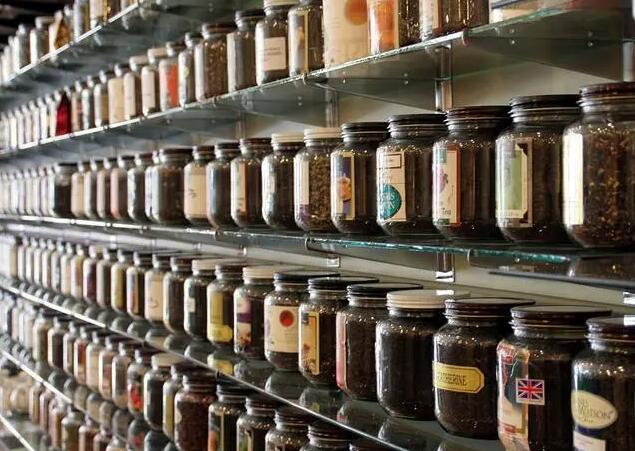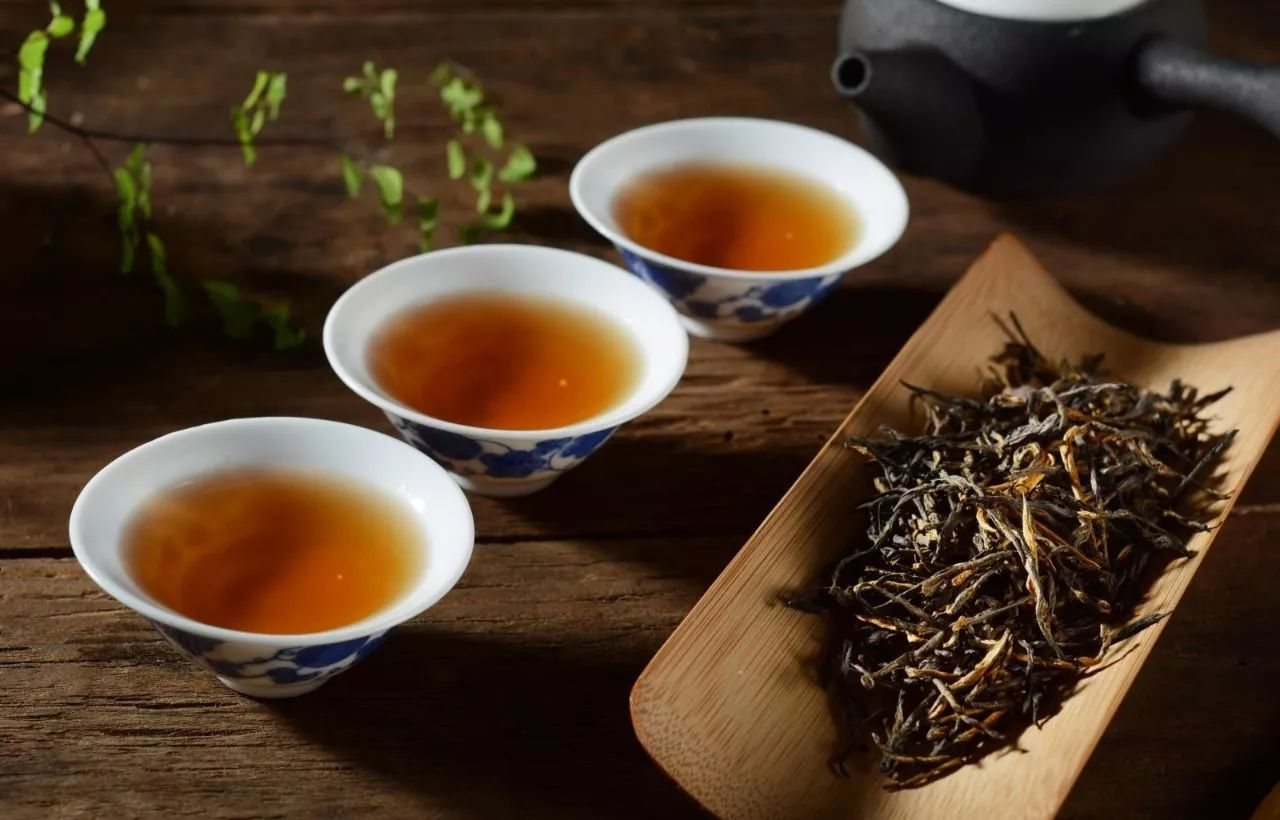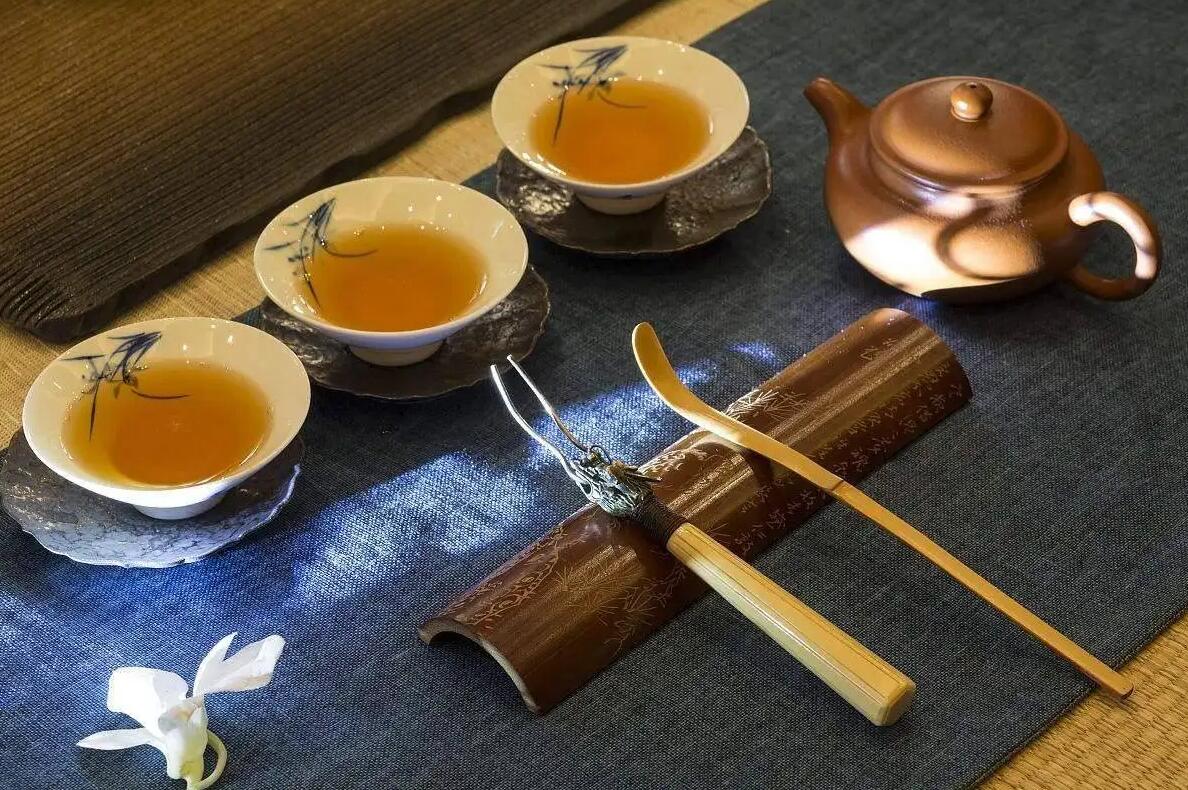In the later period of the Eastern Jin Dynasty, China was disrupted and the Southern and Northern dynasties emerged. The north was in chaos caused by war, while the south was richly endowed and seldom touched by war. So scholars often gathered and held "cultural salons," discussing literature, philosophy and pother issues. They were called "talkers." Most early talkers liked to |drink liquor. They often drank liquor as they discussed matters beside clean waters and green hills. Among them were the famous "seven worthies in the bamboo forest." One talker called Liu Ling gave his name to a liquor that was reportedly his favorite. This famous "Liu Ling Liquor" is well-known in China even today. But later, the talkers began to drink tea instead of liquor for two reasons: Liquor could drive people mad and affect their discussion, and the poor scholars could not afford to buy liquor, which was costly and had to be drunk with meat. Therefore, most talkers of the later period drank tea. For example, the famous talker Wang Meng liked drinking tea very much. When scholars had free discussions in his home, they were certainly plied with tea. A few people who did not like tea much humorously called the talks in Wang Meng's home "water disasters."
If the "cultivation of incorruptibility with tea" advocated by Lu Na, Huan Wen and others symbolized the spirit of tea, the talkers habit of drinking tea to keep sober and to inspire their thinking reflected the direct effect of tea on peopled spiritual sphere.
During the Southern and Northern dynasties, which was a period of cultural exchange, the trend of thought called metaphysics arose. The meta physicians researched Taoism, which was blended with Confucianism. Most were distinguished. They stressed family status, composure and manners, liked free fantasy, and analyzed profound theories about nature and society in relation to all things on ear. They liked to give lectures with hundreds, even thousands, of listeners at times. Such all-day lectures surely made them feel dry. Unlike people at parties, who can have their own way, lecturers must talk and behave properly, and think clearly. So tea was indispensable to lectures. Since tea made people excited yet sober and quenched their thirst, talkers praised it highly. For meta physicians, the material and spiritual effects of tea were perfectly unified. Thus, from the start, tea culture was coated with I the mysterious flavor of eastern philosophy.



